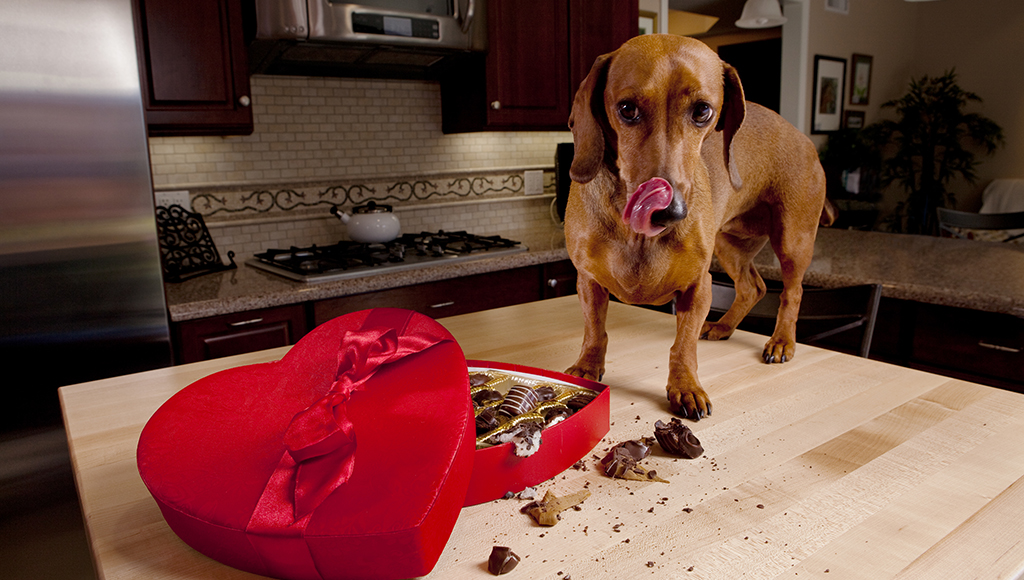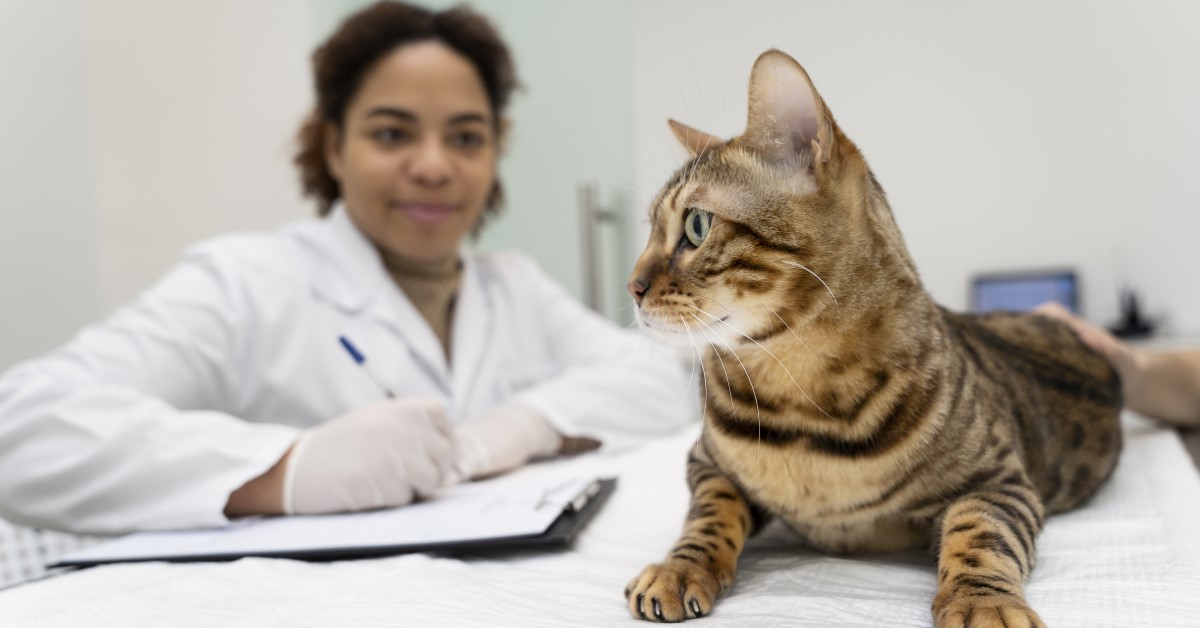Safe Pet Snacks
Not all snacks are safe, so choose wisely!

Everyone loves a snack, and our pets do too! We all know how easy it is to toss our furry friends a nibble here and there, simply because we love them and want to share. Unfortunately some of the things we enjoy could actually harm our pets, so if you are enjoying a treat, take care to give your pet a treat that is safe and appropriate, so they can enjoy their snacks as much as we do.
Some things NOT TO SHARE with your beloved pet:
- Chocolate, Coffee, Caffeine - these products all contain substances called methylxanthines, which are found in cacao seeds, the fruit of the plant used to make coffee and in the nuts of an extract used in some sodas. When ingested by pets, methylxanthines can cause vomiting and diarrhea, panting, excessive thirst and urination, hyperactivity, abnormal heart rhythm, tremors, seizures and even death. Note that darker chocolate is even more dangerous than milk chocolate. White chocolate has the lowest level of methylxanthines, but should still not be given to pets.
- Alcohol - It may be fun to watch your dog fall over or act silly, but it could also be very, very dangerous. Alcoholic beverages and food products containing alcohol can cause vomiting, diarrhea, decreased coordination, central nervous system depression, difficulty breathing, tremors, abnormal blood acidity, coma and even death.
- Avocado - The leaves, fruit, seeds and bark of avocados contain Persin, which can cause vomiting and diarrhea in dogs. Birds and rodents are especially sensitive to avocado poisoning, and can develop congestion, difficulty breathing and fluid accumulation around the heart. Some ingestion may even be fatal.
- Macadamia Nuts - Dogs love cookies too! However, macadamia nuts are commonly used in many cookies and candies and can cause problems for your canine companion. These nuts have caused weakness, depression, vomiting, tremors and hypothermia in dogs. Signs usually appear within 12 hours of ingestion and last approximately 12 to 48 hours.
- Grapes & Raisins - Although the toxic substance within grapes and raisins is unknown, these fruits can cause kidney failure. In pets who already have certain health problems, signs may be more dramatic.
- Yeast Dough - Yeast dough can rise and cause gas to accumulate in your pet’s digestive system. This can be painful and can cause the stomach or intestines to rupture. Because the risk diminishes after the dough is cooked and the yeast has fully risen, pets can have small bits of bread as treats. However, these treats should not constitute more than 5 percent to 10 percent of your pet’s daily caloric intake.
- Raw/Undercooked Meat, Eggs and Bones - Raw meat and raw eggs can contain bacteria such as Salmonella and E. coli that can be just as harmful to pets as they are to humans. In addition, raw eggs contain an enzyme called avidin that decreases the absorption of biotin (a B vitamin), which can lead to skin and coat problems. Feeding your pet raw bones may seem like a natural and healthy option that might occur if your pet lived in the wild, especially our canine friends. However, this can be very dangerous for a domestic pet, who might choke on the bones, or sustain a grave injury should the bone splinter and become lodged in or puncture your pet’s digestive tract.
- Xylitol - Xylitol is used as a sweetener in many products, including gum, candy, baked goods and toothpaste. It can cause insulin release in most species, which can lead to liver failure. The increase in insulin leads to hypoglycemia (lowered sugar levels). Initial signs of toxicosis include vomiting, lethargy and loss of coordination. Signs can progress to recumbence and seizures. Elevated liver enzymes and liver failure can be seen within a few days.
- Onions, Garlic, Chives - For those of us who have pets who act like living garbage cans, this is especially important, simply because we know they'll eat anything! These vegetables and herbs can cause gastrointestinal irritation and could lead to red blood cell damage. Although cats are more susceptible, dogs are also at risk if a large enough amount is consumed. Toxicity is normally diagnosed through history, clinical signs and microscopic confirmation of Heinz bodies, once toxicity is suspected in an ill pet. An occasional low dose, such as what might be found in pet foods or treats, likely will not cause a problem, but we recommend that you do NOT give your pets large quantities of these foods, just to be safe.
- Milk - Remember the cute little cartoons where the kitten is given a saucer of milk and begins to purr and "all's well that ends well"? That is definitely not true! Because pets do not possess significant amounts of lactase (the enzyme that breaks down lactose in milk), milk and other milk-based products cause them diarrhea or other digestive upset, so do not give these to your cat or dog.
If you're not sure what is safe for your pet, ask your veterinarian for advice on what is acceptable and what should be avoided. It may be that your pet has special dietary needs or is taking medication for a particular condition that would require even more limits on pet-appropriate and healthy snacks, so be sure to check if you are unsure. Our pets rely on us to give them good care, so make sure you use good sense in all areas, even with something as simple as "goodies".
Ready to start saving money on pet wellness care?
Then take a look at Mint Wellness, the pet wellness plan that provides fast reimbursement on routine pet care. Save on vaccinations, wellness exams, preventatives, dental, and more!
Learn More


